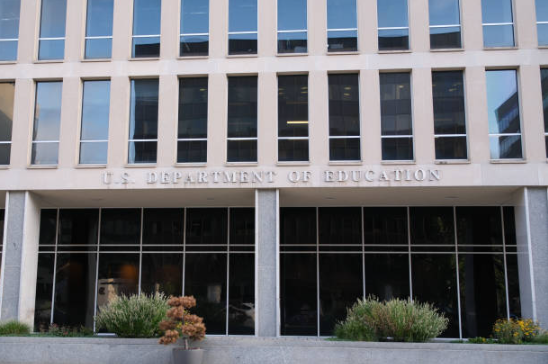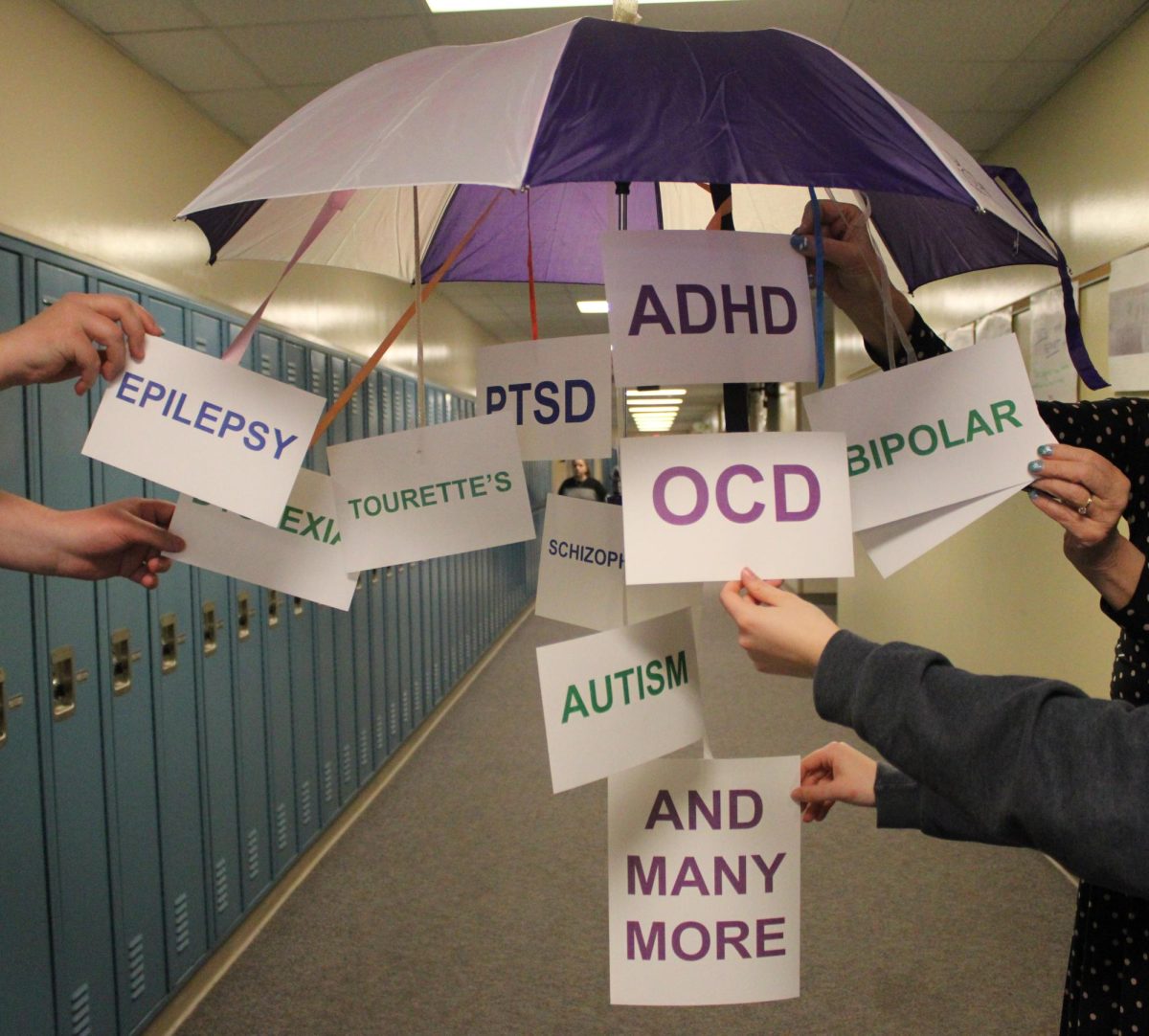On March 20, 2025, President Donald Trump signed an executive order directing Linda McMahon, the U.S. Secretary of Education to “take all necessary steps to facilitate the closure of the Department of Education, to the maximum extent appropriate and permitted by Law.”
The Department of Education supports state and local education systems. It promotes educational equity for all students, and provides loans and grants to higher education institutions and students.
According to the National Education Association (NEA), “stripping the department of its resources and mission would be catastrophic for the millions of students in low-income communities who need educational services and support. Civil rights protections against discrimination based on race, gender, and disability would also be gutted.”
Students all around the United States benefit from the Department of Education. Cutting the department would mean less resources for students, and fewer special education services for students with disabilities.
Career tech education classes such as FCS, business, industrial tech, and vocational agriculture classes are available through grants and funding from the federal government. “I’m hopeful that those are not tied directly to the Federal Department of Education, but since it’s specifically for CTE (career tech education) programs, that is what has me concerned.” Principal Heather Mckay said.
Principal McKay is also “very concerned” about students who have individual education plans, like 504 plans, and “things that help level the playing field” for students. Where the funding will come from is a big question for McKay because, “there’s not enough”.
In school growing up, McKay says she had an individualized education plan to help with her dyslexia. “I had additional supports in place to help me be on the same playing field as others”. In the U.S. alone, approximately 7.5 million students have an IEP (individualized education plan). With no funding, students with disabilities would likely experience a significant decline in their education opportunities and protections.
Civil rights protections have already been stripped within the state of Iowa. “For our friends in the LGBTQ plus population, how will the office of civil rights, or other organizations be empowered to help us again?” In February, the governor of Iowa, Kim Reynolds signed an executive order removing protections from discrimination on the basis of gender identity. “I’m just floored that it’s 2025, why are we going back 100 plus years?” McKay said.
All across the U.S., protests by students, teachers, and many more have protested against President Trump’s executive order. Just recently, “Hands-Off” protests across the state of Iowa and the U.S. calling out government officials and showing their frustration. “We can always contact our legislators, which I have for all kinds of things,” said McKay. What frustrates McKay is “people who do not live, breathe, and are not passionate about educating others in society make decisions about how to do it.”



















